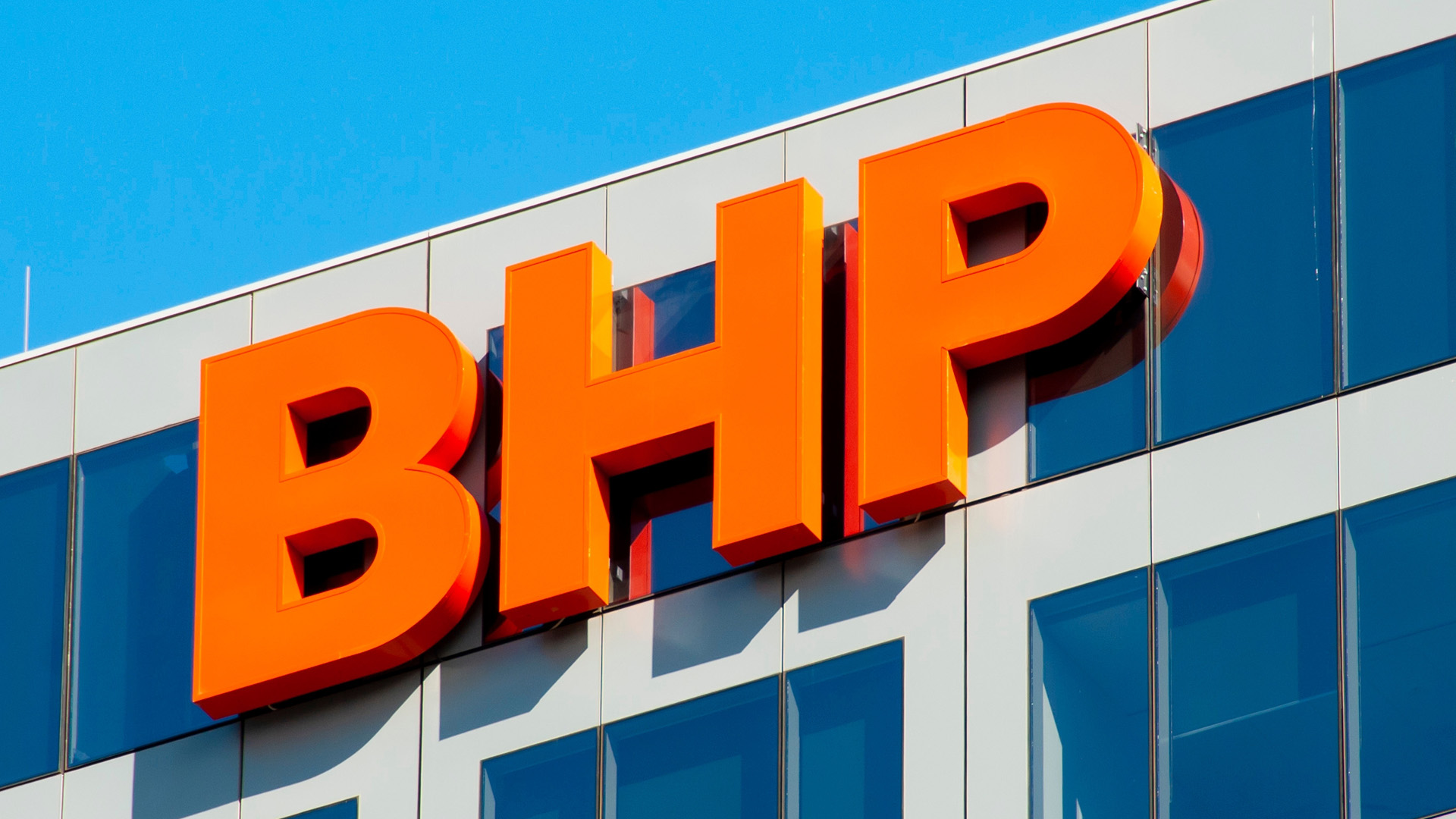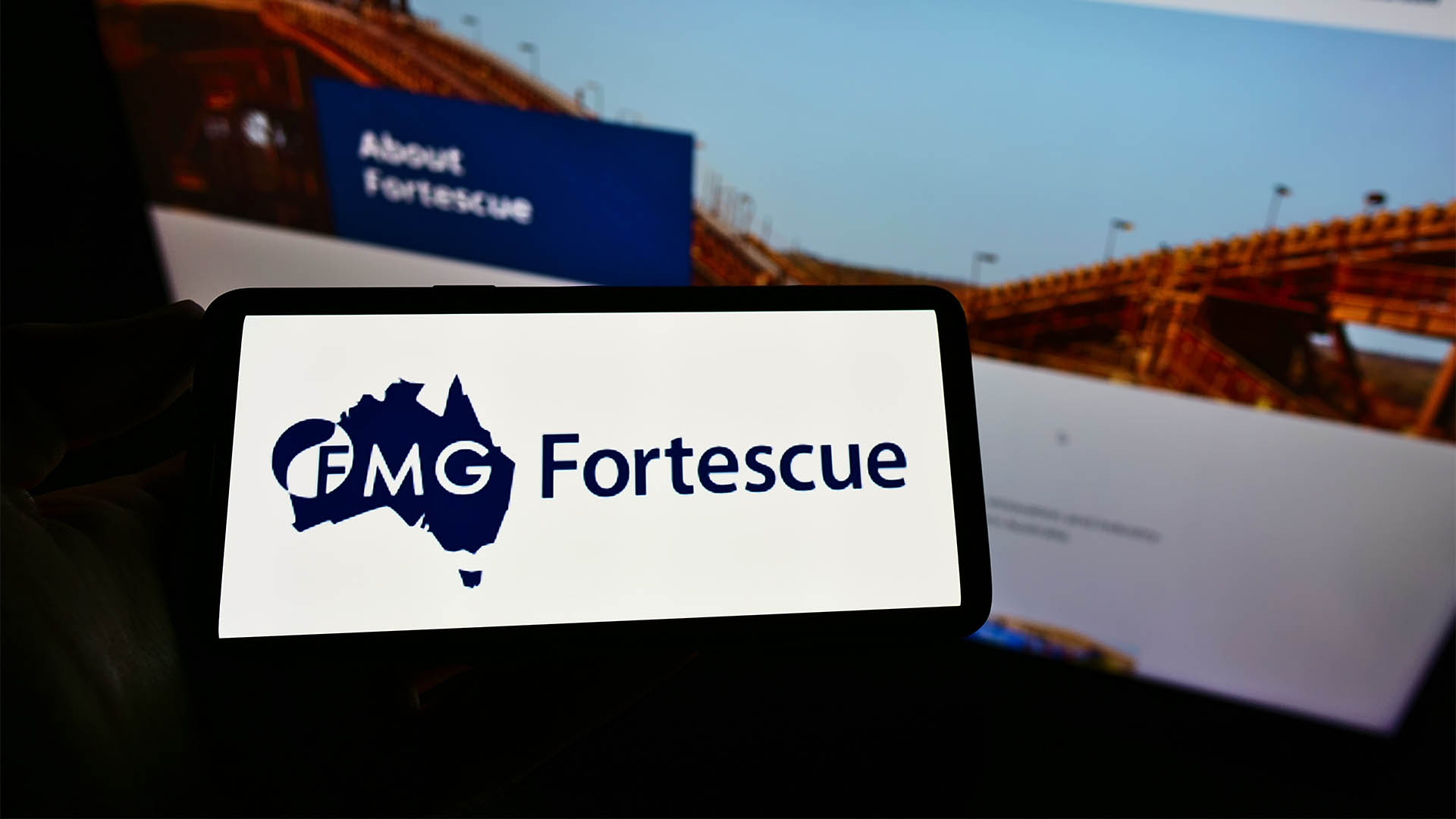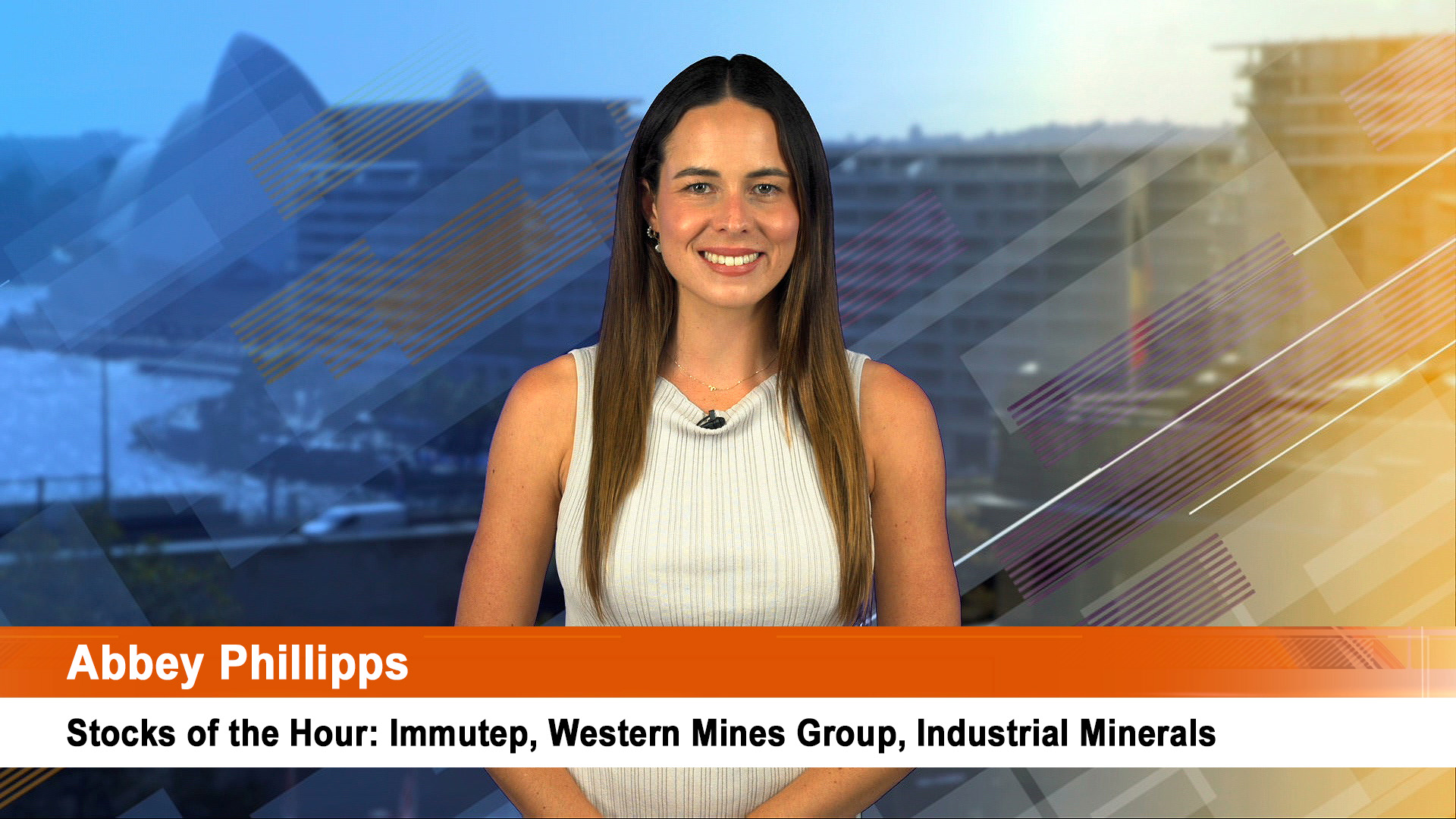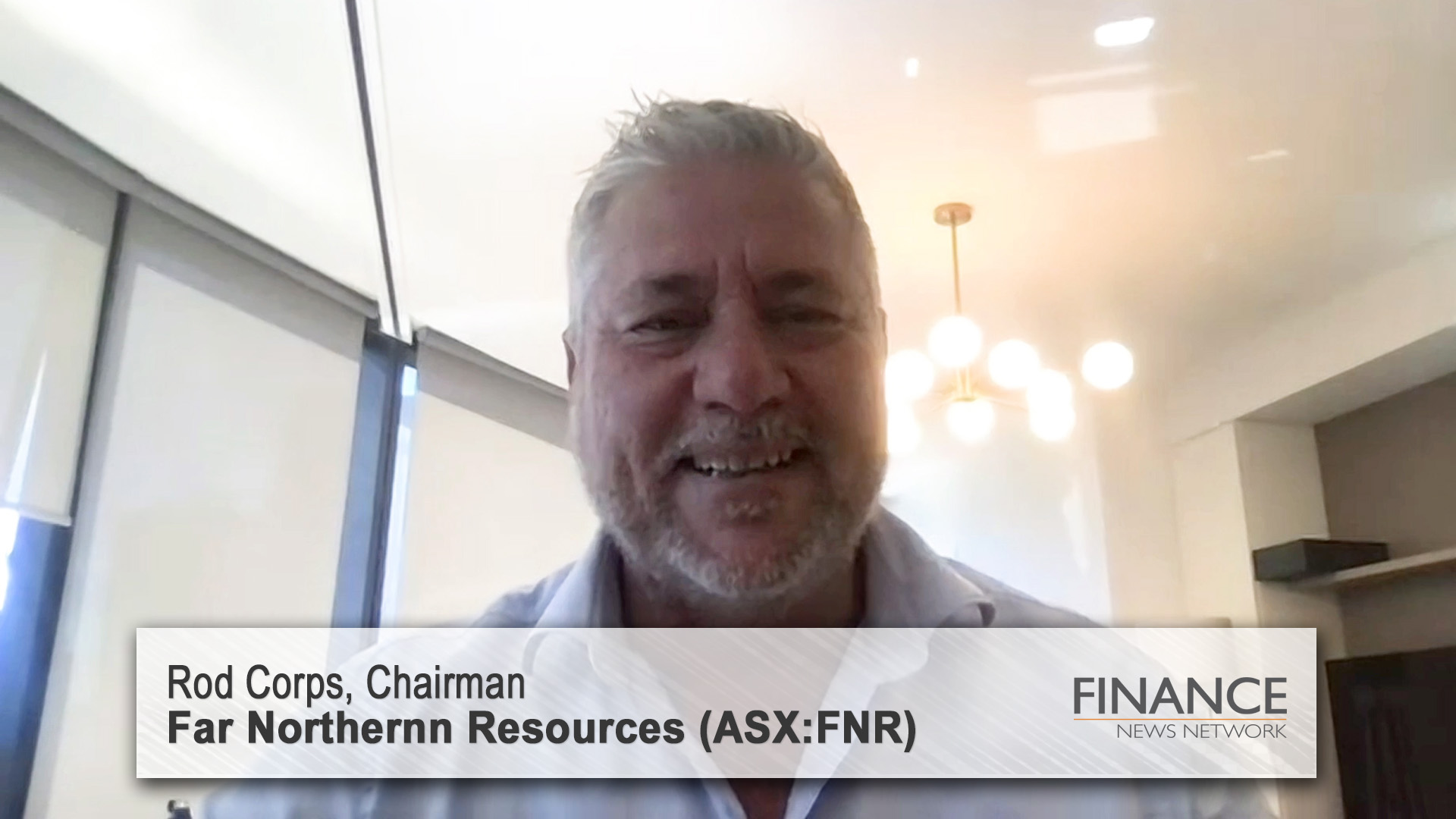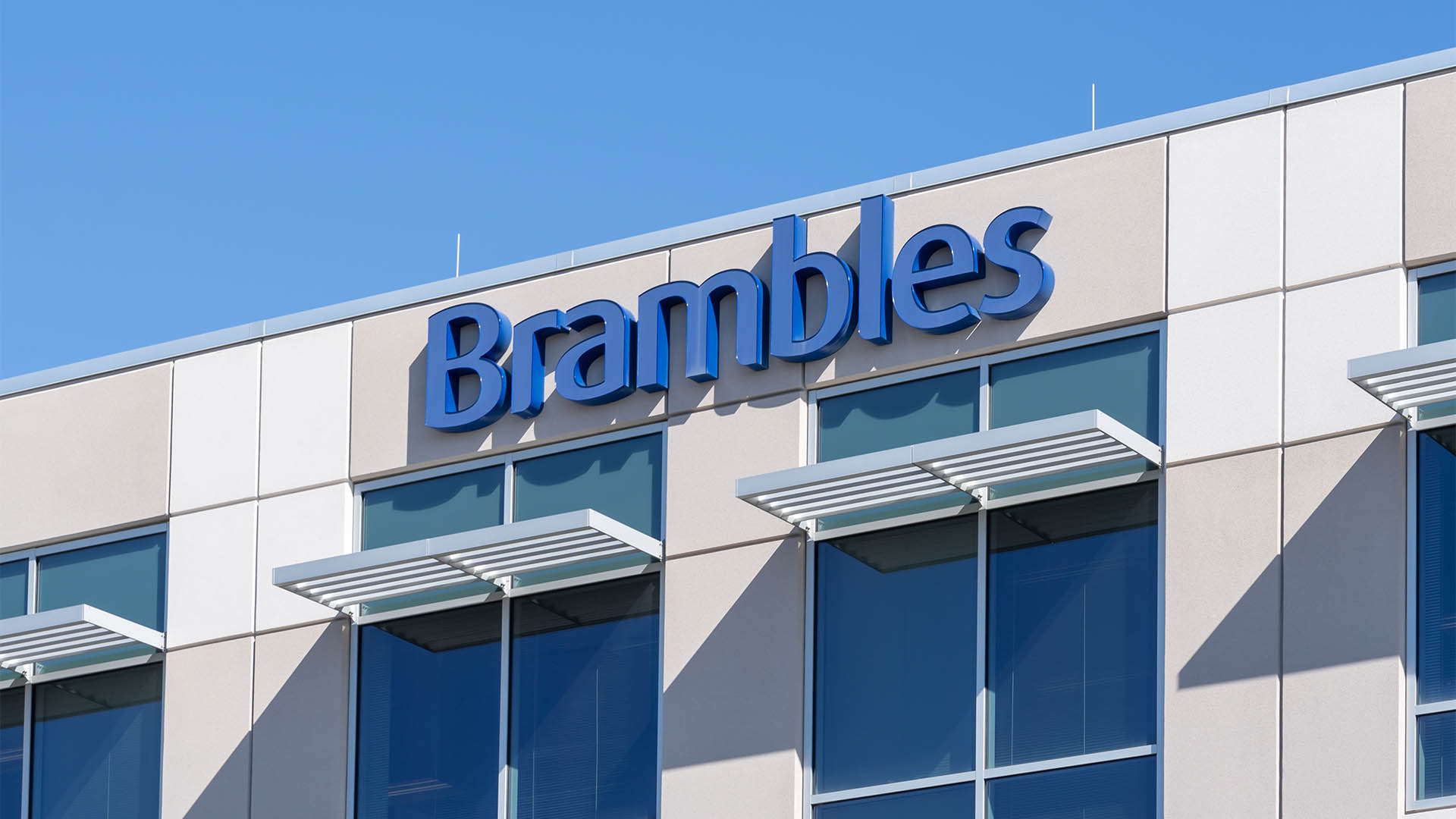As expected, stumbling UK retailing giant, Tesco, produced some distressing interim figures overnight Thursday as a sort of first instalment of what is going to be a drawn out saga as the world’s third biggest retailer struggles to remain relevant, and even in business.
Falling sales and profits, weak management and continuing attacks from aggressive super cheap German retailers in Aldi and Liddl, have shattered the once impregnable castle that was Tesco and its dominant position at the top of UK retailing – topped by the announcement a month ago of accounting irregularities and a profit overstatement of at least a quarter of a billion dollars.
Restating the accounts for that profit overstatement, meant that trading profit in the six months to August 23 fell from 1.59 billion pounds to 937 million.
Along with the overstatement update, the group said pre-tax profit fell from 1.47 billion pounds to 783 million for the six months to August 23. Profit after tax fell 92%, from 1.39 billion to just 112 million after one-off items totalling 527 million pounds.
The retailer’s shares lost more than 6% in London after the interim release confirmed the extent of the disaster, and a bit more.
The fall means Tesco shares have now fallen by more than 50% to yet a new 11 year low, imposing further losses on Warren Buffett, whose Berkshire Hathaway company has started selling down its stake as fast as it can.
The profit overstatement initially estimated at a quarter of a billion pounds, is now put at 263 million pounds, and goes back into financial years before 2013-14.
The new CEO, Dave Lewis and the company tried very hard to suggest that Tesco was seeing some light at the end of the tunnel in a recent bump up in its sales performance. That was dismissed by analysts and big shareholders who looked through the spin to see a stricken giant floundering and unable to right itself.
Faced with a 31% increase in its range of products in the past 18 months, the retailer needs to make changes with more red ink attached – by cutting SKUs (Stock Keeping units) to reduce working capital) and add more staff to the supermarket giant’s stores to help customers. Both will come at a cost. Management also wants more space allocated to the faster selling products – that also will come at a cost and might need support from nervous suppliers.
So for that reason, any move to cut stock levels and add staff will be done slowly, with staff being added faster than the reductions in product range, simply to keep customers happy and returning to Tesco outlets. That will cost tens of millions of pounds in extra costs in the short term
As a result of this and the continuing probe of the company’s accounts and income reporting (both internally and externally by regulators), the retailer has suspended full year guidance (as you after seeing the 92% plunge in interim net profit), preferring to see how it weathers the Christmas rush.
Two of Tesco’s corporate jets are expected to be sold shortly, while CEO Lewis said he would take the train between Tesco’s head office in Cheshunt and London to save costs. Some of the retailers 32 offices across the UK face closure as cost savings – but this will all take time. The chairman will step down and a search is underway for a replacement.
To ease any short-term liquidity issues, Tesco has raised a warchest of 5 billion pounds of funding from a syndicate of banks. Seeing it already has 7.5 billion of debt and a pension fund deficit of 3.4 billion pounds (it’s a defined benefit fund), Tesco thinks it will need much of the new funding to help maintain its retailing businesses while it restructures.
Asset sales were discussed, but no candidates named. The group has substantial and profitable retailing businesses in Asia (especially Thailand) and has some odds and sods of outriders in the UK, such as a chain of Garden Centres.
There is also Tesco’s bank valued by HSBC at 2 billion pounds, according to the Financial Times. It was one of the rare shining lights in the interim result with pre-tax profits up 18% to 117 million pounds, before 27 million of costs for redress for payment protection insurance (the same thing which cost the National Australia Bank just on $A1 billion in the UK). The bank can be sold or floated, but the FT points out the latter will be hard given the investigation into the parent’s accounting methods and that two banks delayed their floats this month.
And then there’s the most likely way out of recapitalising the business by a tough minded management – a rights issue. Some UK brokers reckon the company could raise 3 billion pounds from shareholders, possibly in combination with asset sales and a further clean up of dud stock levels and other costs.
Eight senior executives remain suspended and payments to them and other recently departed senior executives, including former CEO, Phillip Clarke have been suspended until all inquiries have been completed and the financial impact (and no doubt blame accounted for).






